The History Of L G B T Q
Jun 12, 2019 • 66 views
LGBTQ is an English umbrella term intended to include all subsections of a very diverse community. Lesbians, gay, bisexual, transexual, queer/questioning, intersexual, asexual, pansexual, straight. There are many acronyms each more so than the next.
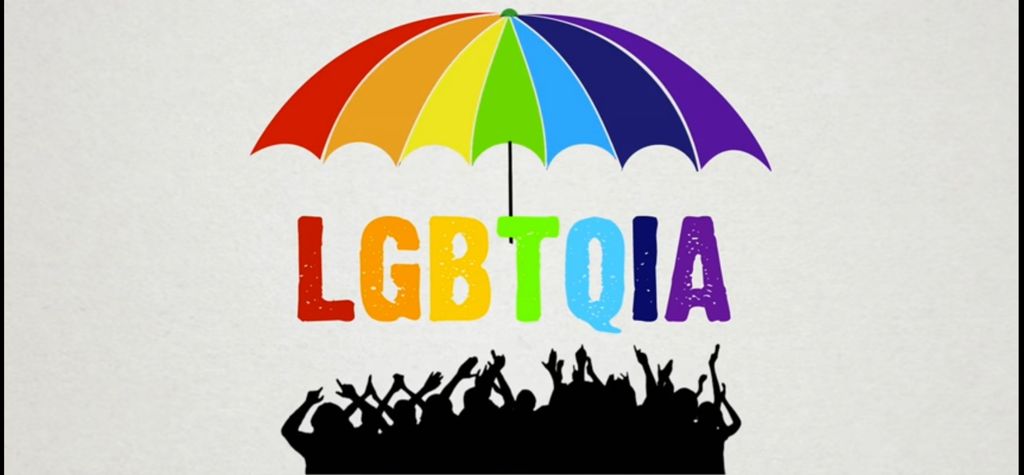
So LGBTQ is a broad term, inclusive and works best as an umbrella term. Though the irony is it's been raining on our parade quite a bit over the last few years.
India is a South Asian country with a long and complicated history. A lot of people came here from all over the world and stayed. The last ones were British and they stuck around for over 200 years and left only in 1947. The British Empire criminalized sexual activities " against the nature " arguably including homosexual activities under section 377 of the Indian penal code in 1861, which was 158 years ago. To put that fact into perspective, here are some things from 1861 that no longer exist : Sati, Telegraphs, steam locomotives, the cast system ( no wait that's still here! ), oppression of women (okay that too), child labour ( never mind!). Anyway section 377 is still here. Although government has legalized homosexuality but there are still many people who do not respectfully accept LGBTQ + community. Basically Simon Go Back but we'll keep some of your archaic laws thank you.
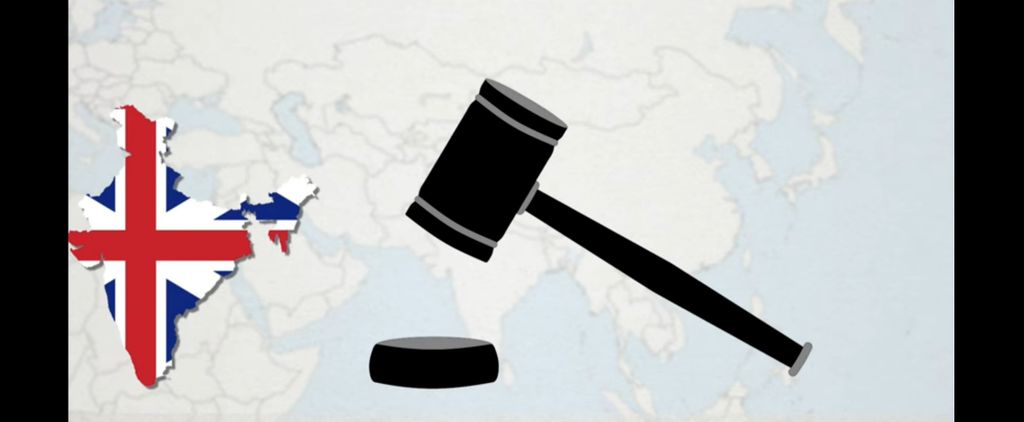
Many people believe that homosexuality is a western import. It's not. Actually homophobia is the western import as evidenced by the introduction of section 377 in not just India but several former British colonies.
So what's been happening in India with LGBTQ laws and issues since the British left in 1947?
In 1977 Shakuntala Devi, mathematician extraordinaire, published the first study of homosexuality in India, called ' The World Of Homosexuals '. It called for decriminalization and " full and complete acceptance- not tolerance and sympathy ". The book, however, went unnoticed at that time.
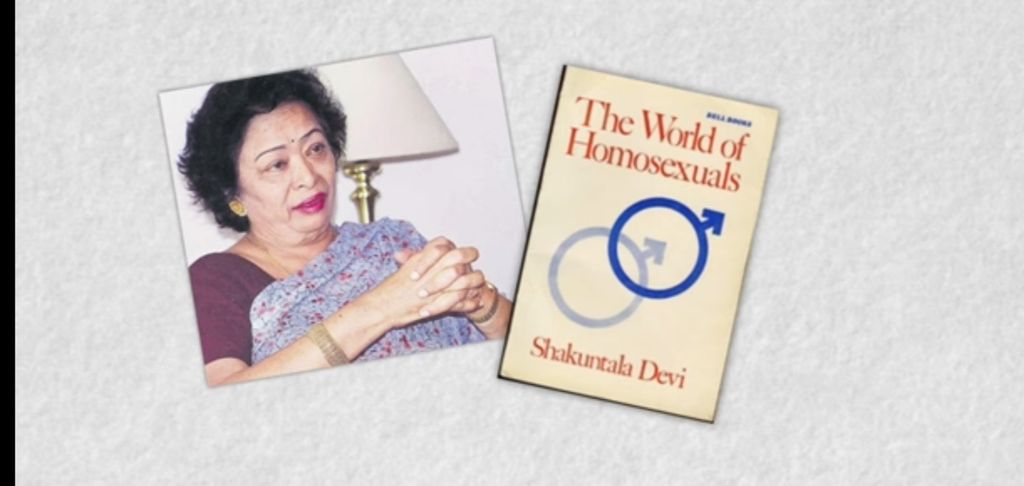
In 1981 the first All-India Hijra Conference was called in Agra. 50,000 members of community from all over the country attend it. In 1994 Hijras were legally granted voting rights as a third sex. The first petition challenging section 377 was filed in 1994 by AIDS Bhedbhav Virodhi Andolan. This petition was eventually dismissed.
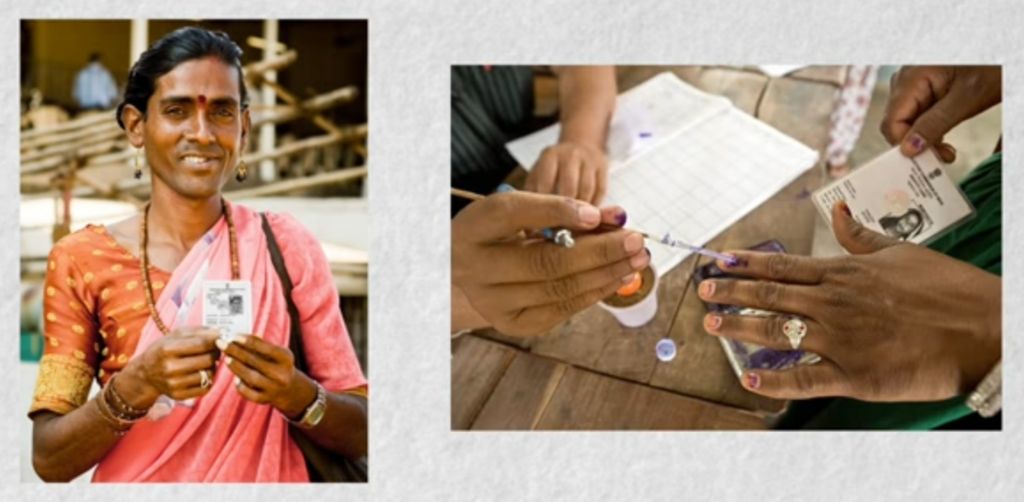
In 1999, Kolkata was host to the first Pride march to ever be organized in South-Asia. In 2001 Naz Foundation filed a Public Interest Litigation (PIL) to challenge section 377 in the Delhi High Court. In 2009, the Delhi High Court decision in Naz Foundation v. Government of NCT of Delhi found Section 377 and other legal prohibitions against private, adult, consensual, and non-commercial same-sex conduct. Effectively that meant that section 377 was "decriminalized" but not legalized. This was a landmark amazing judgment. Well it didn't last for too long.
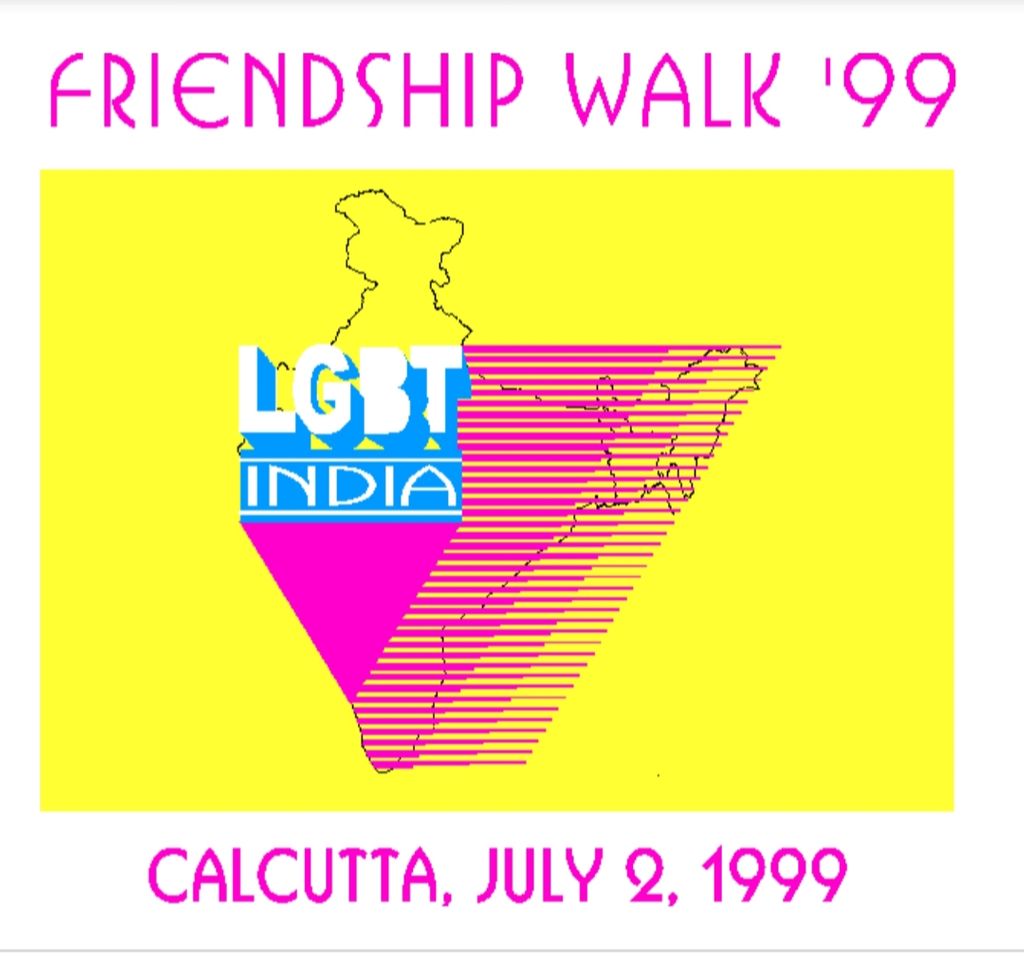
On 11 December 2013, the Supreme Court set aside the 2009 Delhi High Court order decriminalizing consensual homosexual activities. The bench of justices however noted that parliament should debate and decide on the matter.
In January, 2014 Supreme Court dismissed the review petition filed by Central Government. NGO Naz Foundation and several others against its previous verdict on section 377 of IPC. In explaining the ruling bench said : " While reading down section 377, the High Court noted that a minuscule fraction of the country's population constitutes LGBT people".
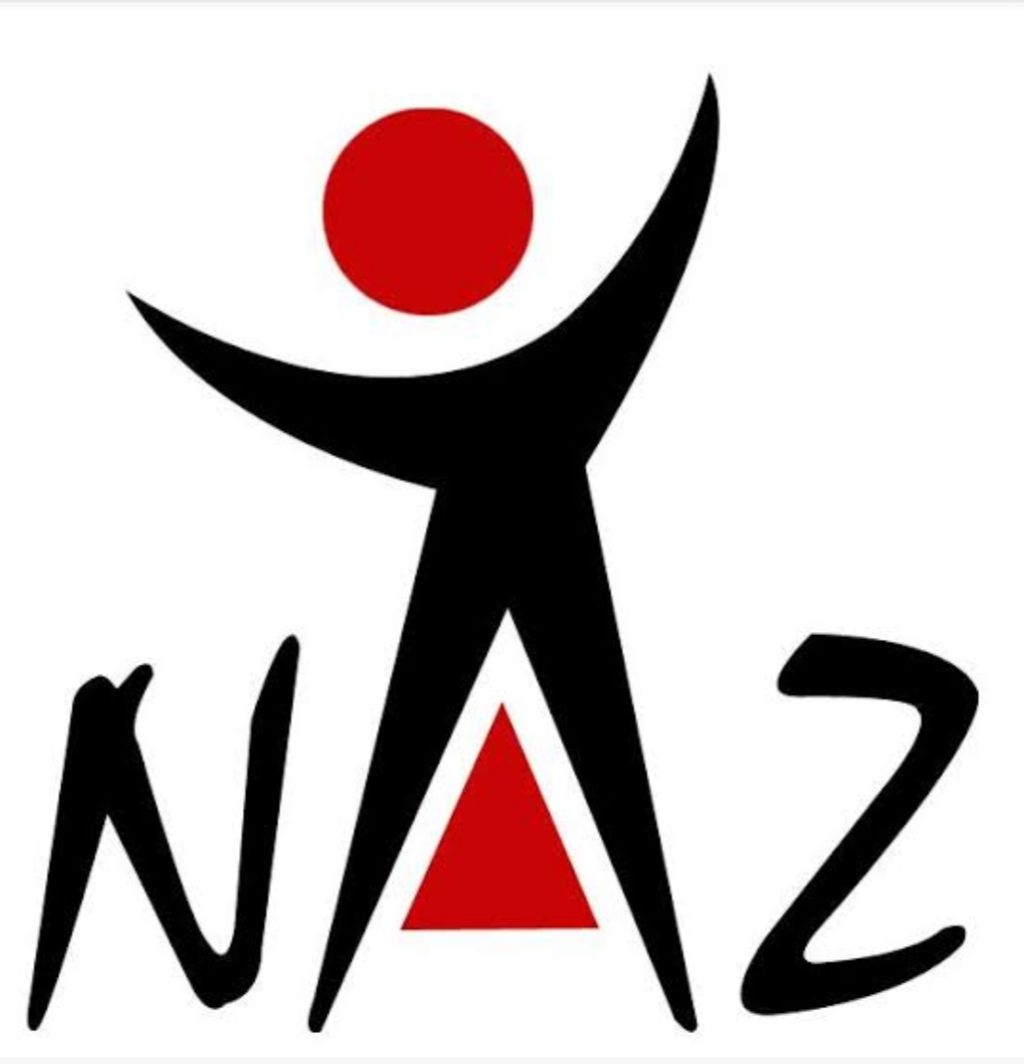
In the same year, in February 2014, the Indian Psychiatric Society released a statement saying homosexuality is not a disease and that it did not recognize it as one. In April 2014, the National Legal Services Authority v. Union of India, Supreme Court of India ruled that the transgender people should be treated as a third category of gender.
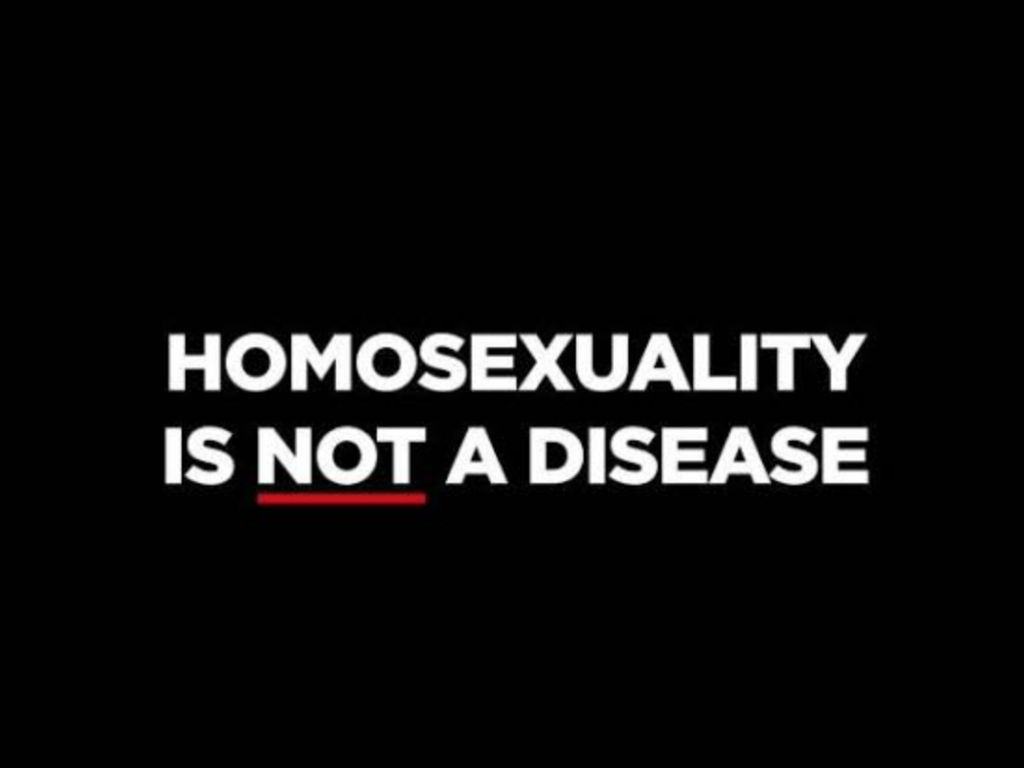
In December 2015, a bill for the discrimination of section 377 was introduced in Parliament, but was rejected by a majority vote. By the way, at this point, the UK had already passed a legislation to allow same sex marriage. Let's get this straight, the country that gave us section 377 has now made same-sex marriage legal. Homosexuality itself has been decriminalized in the UK since 1967. Let that sink in for a while.
In February, 2016 the Supreme Court decided to review criminalisation of homosexual activities. In November 2016, Namma Pride was the first march in India to be made accessible for persons with disability. About 35 people with disability participated in the march and other events.
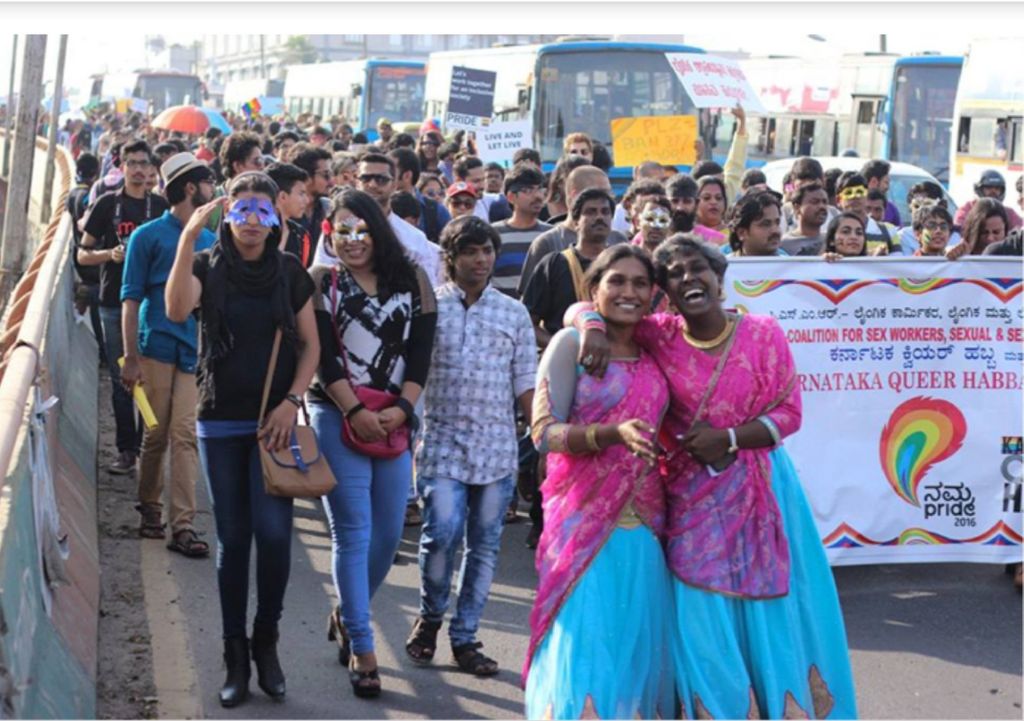
On August 24, 2017, India's Supreme Court has given the country's LGBT community the freedom to safely express their sexual orientation. An individual's sexual orientation is protected under the Country's Right to Privacy law. However, the Supreme did not directly overturn any laws criminalizing same sex relationship. So, at this point the legislation stands in a convoluted paradox. LGBTQIA people are allowed to express their sexual orientation, but homosexual acts still remain criminalized by the IPC. I guess we're legally supposed to be out, proud and...celibate? That's what the laws imply.
On 6 September 2018 the Supreme Court of India invalidated part ofSection 377of the Indian Penal Code making homosexuality legal in India.[30]In striking down the colonial-era law that made gay sex punishable by up to 10 years in prison, one judge said the landmark decision would "pave the way for a better future."
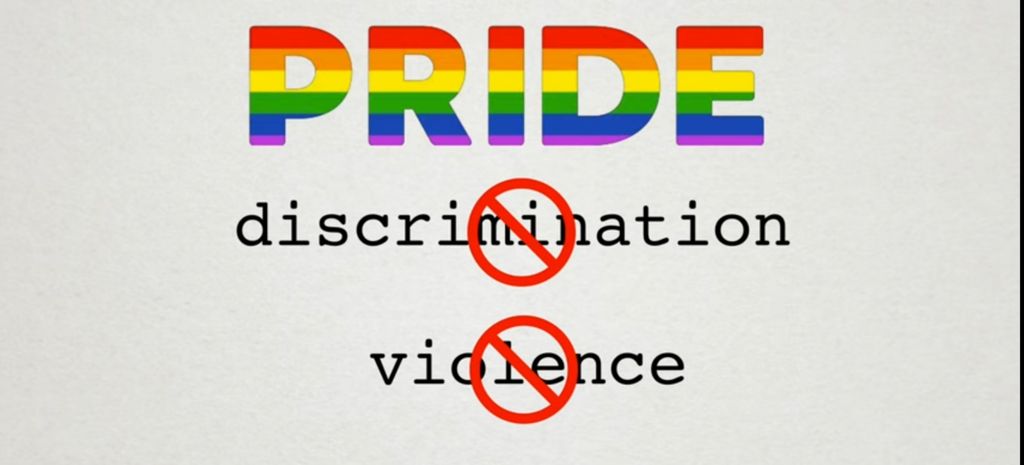
India's march forward in LGBTQIA rights has been slow. And speaking of march. What is Pride? Not to be confused with proud, proudy, or that which comes before a fall. Pride is the positive stance against discrimination and violence towards LGBTQ people to promote their self affirmation, dignity, equality rights, increase their visibility as a social group, build community and celebrate diversity. Pride, as opposed to shame and social stigma, is the predominant outlook that most LGBTQ rights movements carry throughout the world.
The Indian government has legalized same-sex marriage but the life of LGBTQ community people will only get better when each individual of this country look at them with not sympathy but respect that they truly deserve.
